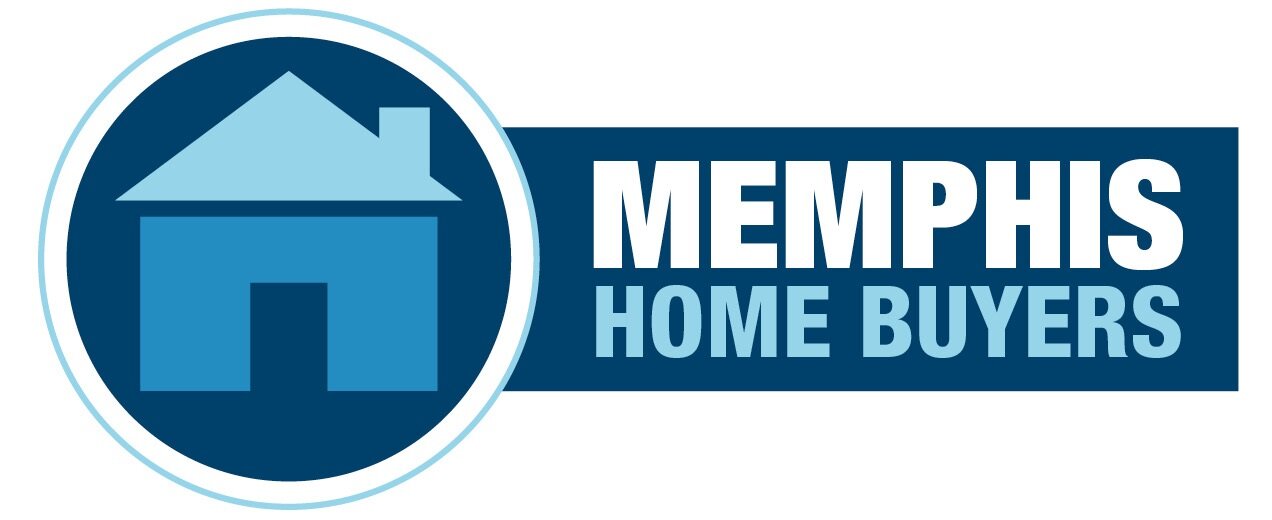
A recent study estimates that 47% of foreclosed properties are still occupied.
You may be surprised to learn that banks are not in the business of owning homes, despite the fact that a high percentage of foreclosed homes in Memphis end up in their possession. The truth is that banks are in the business of loaning money, but when a homeowner defaults on their loan and the bank forecloses on the property, they are forced to take ownership of the home until they can sell it and recoup their investment.
Unfortunately, when a foreclosed house goes vacant, it’s more likely to fall into disrepair, which can make it harder for the bank to sell the property later on. As a result, some banks may prefer to have someone living in the property, even if they’ve stopped making payments and the foreclosure process has begun. This can help to keep the property in better condition and ward off potential vandals.
Despite what you may have heard in the media, it’s not as easy as simply avoiding house payments for months or even years and living for free after a foreclosure. While it’s true that some people may be able to remain in their homes for a period of time after the foreclosure process has begun, this is typically a short-term solution at best. Eventually, the bank will take possession of the property and the homeowner will have to find somewhere else to live.
In summary, while it may seem like a foreclosed home offers the potential for a free place to live, the reality is much more complicated. Banks are not in the business of owning homes, and they would much rather have someone paying for the property or living in it to keep it in good condition. If you are struggling to make your house payments and facing foreclosure, it’s important to reach out to your lender and explore your options to avoid losing your home.
Right.
It’s important to understand that no bank would intentionally neglect to collect payments from a homeowner. While it’s possible to live in a foreclosed home without making payments, this usually only occurs when there have been major mistakes made in the foreclosure process. It’s not legal to avoid payments that you owe, and doing so can result in serious consequences.
That being said, it’s not uncommon for foreclosed homes to be occupied. This is because vacant homes are often targets for vandalism and crime, which can decrease the value of the property. Banks have a vested interest in maintaining the value of their investment, so it’s in their best interest to keep the property occupied. Additionally, due to the way foreclosure laws are structured in Tennessee, banks may ask a homeowner to leave while simultaneously wanting them to stay in the property.
In summary, while it’s not legal to avoid making payments on a foreclosed home, it’s not uncommon for foreclosed homes to be occupied. Banks want to maintain the value of their investment and avoid the risks associated with leaving a property vacant. If you are facing foreclosure, it’s important to explore your options and work with your lender to find a solution that works for both parties.
There are a few perfectly legal ways to remain in your home, even after foreclosure.
How To Stay In My Home After Foreclosure In Memphis
Not all these options are available (depending on your situation and your lenders), and you’ll need some expert advice along the way to help you get through.
1) Wait it out. Honestly, this is a pretty bad option, but it seems to be increasingly common. You definitely shouldn’t run away and abandon your house when the first notice of default shows up. Remember that the proceedings and the process takes months and sometimes years. It’s not over until it’s over, so don’t give up too early. On the other hand, don’t wait until the sheriff shows up to evict you to start packing up your stuff.
2) Go to court. In very rare cases, judges are granting stays and delaying evictions. This is really only a valid option if you (and your attorneys) can prove that the bank has neglected a legal requirement during the foreclosure process. During the past few years, a lot of fraudulent behavior at banks has been uncovered – so we may see an increasing trend of using the courts to stop foreclosure. Fighting banks with lawyers is very difficult, expensive and time-consuming, even if you’ve got a perfect case (most people don’t stand a chance).
3) Propose a move-out bonus. Often buyers of occupied foreclosure properties spend thousands of dollars on lawyers and other costs of eviction, so why not save everyone the time and expense by taking some of that money yourself? It’s known as “cash for keys”. It sounds a little greedy, but greasing the wheels does help everything to run smooth. Plus, you can help out the bank and the buyers by not abandoning the house to squatters before they’re ready to take possession.
4) Rent it back. It may sound crazy, but some banks are willing to take on previous homeowners as tenants in their property. That’s only a short-term fix, as they’ll want your agreement to vacate the premises as soon as they find someone to purchase the property. In some cases, we can even purchase the property and rent it back to you.
It’s really good that you’re reading this page and exploring your options. We help homeowners like you to find creative solutions.
We can’t help everyone, but we might be able to help you.
We buy local Memphis Tennessee houses like yours from people who need to sell fast.s
